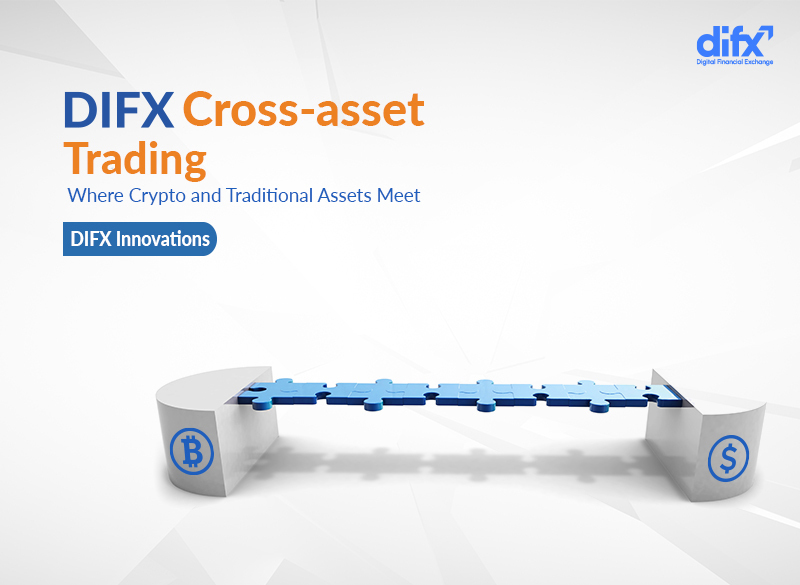When we think about financial markets, banks are one of the first things that pop into mind. Our relationship with banks goes a long way back and interestingly, directly reflects the overall financial markets evolution throughout the years.
There was a time when we literally couldn’t live without our bank: we had to meet every single time we wanted to manage something money-related. As the technology improved, we started to grow apart but we still managed to meet from time to time.
But then Bitcoin happened, showing off all its fascinating features, and we couldn’t help but wonder, where’s this relationship really going?
Let’s see if we can find the answer to that question!
Fintech and Traditional Markets
The advent of the internet had a significant impact on traditional financial markets. Online and digital banking took traditional financial services to a whole new level; From accessing bank accounts to making deposits and submitting loan applications, anything can be accomplished through an app on our phones.
In today’s digital world, everyone can enjoy a wide variety of online trading and investment options. Advanced online trading tools, like MetaTrader 5, not only help you to analyze your desired financial market but allow you to easily place your orders as well.
Back then, it seemed like traditional markets, like Forex, stocks, and commodities, have never been more accessible, but with a closer look, you could easily realize that financial inclusion is still far beyond reach.
Bitcoin: The Beginning of a New Era
Bitcoin was introduced as an alternative to the current financial system by Satoshi Nakamoto in an attempt to bring financial markets to everyone. Bitcoin offered us an open, cheap, and fast platform to transfer value to each other without a bank or financial institution. In this way, we no longer needed a bank to be a member of a global financial system.
After Bitcoin, many other cryptocurrencies, like Ethereum, were born to address some of Bitcoin’s weaknesses. As a result, Decentralized Finance (DeFi) was born which opened the doors to an ocean of remarkable financial products and services.
With DeFi, users have a chance to get loans without collateral, enjoy various investment options with high returns, or directly lend their crypto assets to other users and earn profits. But there’s a catch: as you become your own bank, you need to protect your funds against threats on your own.
The high risk associated with the crypto market has caused many financial institutions to keep their distance. Even though institutional adoption has increased significantly in recent years, we can still feel a relatively wide gap between cryptocurrency and traditional financial markets.
DIFX: A Bridge Between The Two
By supporting credit cards, centralized crypto exchanges try to build a bridge between the traditional financial system and cryptocurrencies. However, even though buying, selling, or trading cryptocurrencies is easily accessible by everyone these days, managing multiple investment portfolios for different financial markets is still a giant headache.
DIFX aims to solve this problem by providing a single platform suitable for all your investment portfolios.
DIFX services help you to trade between different assets such as cryptocurrencies, indices, forex, commodities, and stocks. Additionally, this provides you with an efficient way to diversify your portfolio which will help you to manage and mitigate financial risks associated with cryptocurrencies.
Cryptocurrencies and traditional assets work best in harmony, and DIFX is here to bring the endless opportunities they provide to you.

